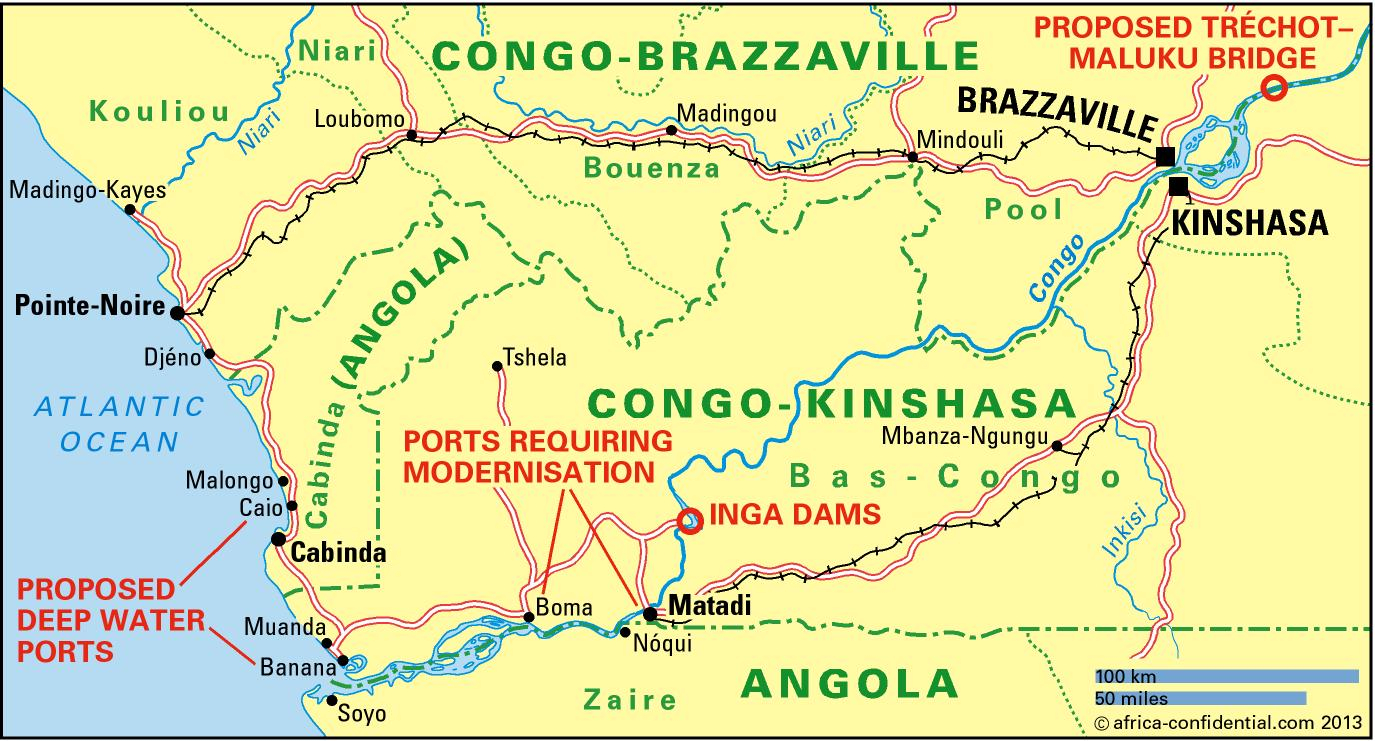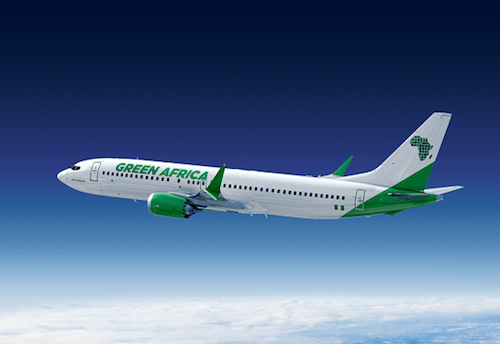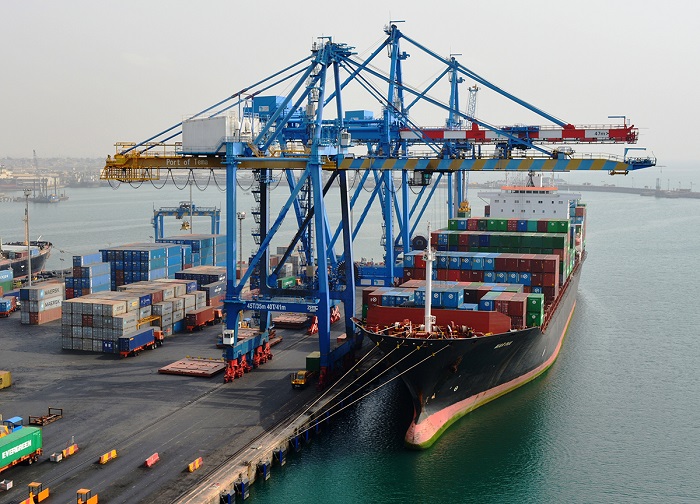Nigeria's Booming Consumer Market
Nigeria has been making steady progress in diversifying its economy away from the oil sector. In light of the Nigerian government’s “Nigeria Vision 20: 2020”, it aims to increase the share of the manufacturing sector in economic output to 15-30% and the services sector to 45-75%, while lowering the shares of agriculture and oil.
Aside from providing sources of economic growth, diversification also helps the country reduce its reliance on oil exports. On the back of disruptions to oil production due to terrorist attacks, Nigeria’s oil sector has been posting sluggish growth in recent years. Thanks to the stable growth momentum of the non-oil sector, Nigeria has been able to maintain a healthy annual growth rate.
The services sector has been a major contributor of the country’s economic growth, with most sectors under this group posting double-digit growth. In particular, the telecommunication sector recorded an average of 20% growth. This sector, together with the banking sector, has created a considerable amount of high-pay job positions, fuelling the expansion of the middle-income population in recent years.

Nigeria’s wholesale and retail trade sector, which accounts for some 20% of GDP, has been growing at double-digit rates in recent years, reflecting the buoyant retail market in the country. The growth in retail trade has also stimulated the development of the real estate and construction sectors.
Currently, there are only a few modernised shopping malls in the whole country of Nigeria. Nonetheless, the boom of the non-oil sector has resulted in an expanding middle-income class, thereby touching off new waves of consumerism, and creating a growing demand for modern retail channels such as shopping malls and hypermarkets.
Mall operators indicate that there is a long waiting list for consumer brands wishing to become mall tenants, as demand for mall space will continue to outstrip supply in upcoming years, despite the construction work of several shopping malls being underway.
Retail trade aside, Nigeria’s hospitality sector is on the rise, thanks to increasing inter-city business travel and growing influx of foreign investors. Decent hotels and restaurants are a scarcity, driving up the room charges for reasonable hotels, say to some US$300, which is a considerable fortune in Nigeria compared to the cost of living there.
The boom in non-oil private sectors has catalysed the expansion of Nigeria’s middle-income population, with increasing numbers of professionals and managers working in high pay sectors such as banking and telecommunication. In addition, more and more private business owners have found a good fortune of running successful businesses.
According to a recent survey on Nigeria’s middle class, some 40% of the middle-income people run their own businesses.
According to the African Development Bank, the middle-income class makes up about 20% of the Nigerian population, which is estimated at more than 195 million, and these people are expected to pursue a quality lifestyle and consumer products. Given its small manufacturing sector, consumer products are mostly imported. In 2019, imports of consumer goods accounted for some 8% of total imports, with average annual growth rates of 63% during 2015-2019.
According to Nigeria’s National Bureau of Statistics, China is the second largest source of Nigerian imports, trailing only the US. Nevertheless, Nigerian imports of Chinese products consist of a higher proportion of consumer goods compared to those imported from the US. There is little wonder to see Chinese consumer products dominate in the Nigerian retail market, in particular electronics goods.

Chinese consumer products have found a good following in Nigeria’s mass market, given their low price and reasonable quality. Surging demand for Chinese products has prompted Nigerian traders to visit China for sourcing popular products, with many Nigerians reportedly living in Guangzhou.
Nigeria will become one of the most important markets in Africa in the coming decades. While whetting their appetite for the upbeat retail market in Nigeria, overseas companies should position themselves strategically with an optimal mix of price and quality, while fine-tuning product design to suit the African taste.
Setting sight on Nigeria’s middle class, overseas companies should strive to differentiate their products from those low-price items from the Chinese mainland. With an apparent shortage of modern and organised retail channels in Nigeria in the offing, a well-planned distribution strategy is always the key to success in the Nigerian market.



















